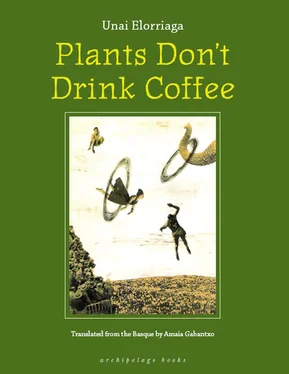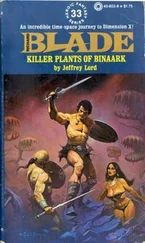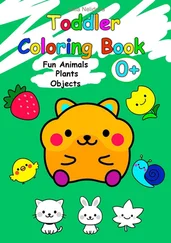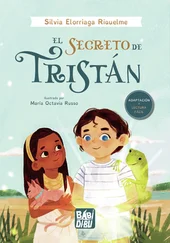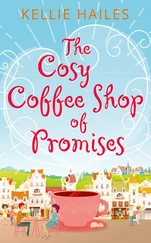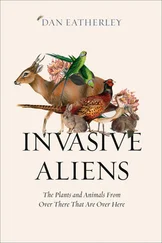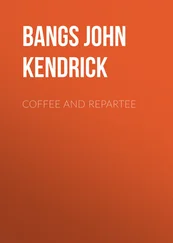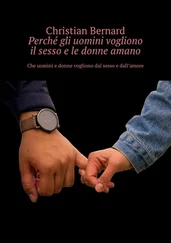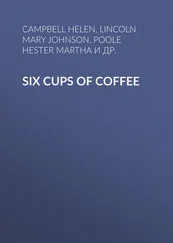“And what about the match itself, Simon? How was the match? How did you do as linesman?”
The match was great, Gur, great. Simon said that’s what true rugby is like, and not what we see in TV, that was true rugby. And the players are so quick. And so skillful. And so intelligent, Gur, so intelligent. And Simon continued telling Gur lots of things about the match, but he didn’t tell him what he really wanted to tell him. Simon left that for the end. Simon wanted to make sure he was looking at Gur when he told him what he really wanted to tell him.
“And how did you do as linesman, Simon, how did you do?”
That was good too. That was good too, Gur. Then he confessed that he made two mistakes, one against the Irish team and another against the home team, so it wasn’t so bad. He said it was normal for that to happen in the course of one match, lasting eighty minutes. There were no complaints at any rate. There are never any complaints in rugby, and everybody calls the linesmen “Sir.” And the referee, too.
And as they were approaching the bridges of Badura, Simon said he made two mistakes, but he could explain them. And the explanation was that he lost his concentration at one point during the match, because of a spectator. What happened was that a spectator, an older man, felt unwell suddenly, and collapsed to the ground and was unconscious too. So they stopped the match.
“Have you ever seen anything like it, Gur? A spectator gets sick and the match is stopped. Did you ever see that happening in soccer? And in tennis?”
“Not in tennis but in our house, yes.”
“What do you mean in your house?” Simon.
“We stopped a dinner once. At home. One of our nieces almost choked. On a piece of cheese. It was New Year’s Eve. We stopped the dinner, like the match. Like your match.”
“. .” Simon.
“I think it’s good they stopped the match because of an spectator,” Gur.
“I agree with you, Gur, but it made me lose my concentration.”
Then he explained to Gur that one of the Irish players, number fifteen, a fullback, was a doctor. And he went to attend to the spectator. And even when the ambulance arrived, the player, number fifteen, a fullback, went to hospital with the spectator. And the Irish team didn’t have a man in reserve for that post, for a fullback, so one of the Welsh reserve players swapped shirts and played with the Irish team until the end of the game. And he played really well, better than well, and he made two tries for Ireland. But Wales won nevertheless.
“And the ambulance, Simon? What color was the ambulance?”
“The ambulance? How can you expect me to know that, Gur? How could I notice that? Do you know what a rugby match is like, over there? Do you know what it’s like to have five thousand people looking at you?”
“Yeah. That shows you weren’t concentrating.”
“What, the ambulance. .?”
“Yeah, the ambulance, clearly. .”
“. .” Simon.
“And the umbrellas, Simon? Do people use umbrellas over there?”
“I’m sure they do. .” Simon. “It didn’t rain.”
“And bridges?”
“Yes, there are bridges over there. They are smaller than our bridges here.”
“That’s something I’ve always wondered: Do people all over the world use umbrellas, or what? Who invented the umbrella, Simon?”
Simon didn’t answer. He had realized just then, too, that they were reaching the end of their walk; they were reaching Maolena and he still hadn’t told Gur what he really wanted to tell him. He still had to tell him the most important thing. Gur was still talking, anyway:
“And something else I wonder, Simon: birds. What are birds like in Wales? Are they like birds here? Brown and gray and so on? And another thing: Do the Welsh see dead birds? Have you realized that around here you don’t see dead birds anywhere? How many dead birds have you seen? One or two. But flying there are millions of birds, and in all my life I’ve only seen one or two dead ones. Are there dead birds in Wales, Simon?”
And Simon said:
“They’re coming here, Gur.”
And Gur said:
“Who, the dead birds?”
And Simon said:
“No, Gur, no: the teams. The Irish and the Welsh teams. To this town. They’re coming this summer,”— and this is what Simon really wanted to tell Gur.
“To this town? And why are they coming, Simon? Are they coming to see you?”
“They’re going to play a game here, Gur. In our town. Like in Wales. This summer,”— and this is what Simon really wanted to tell Gur.
“A game, here? And where are they going to play, Simon? On the Town Hall rug? We don’t have a field here, Simon.”
“But we will. What are we here for, Gur? Does a rugby field need that much? What does it need, really? It needs 144 meters of grass, all grass. Without a slope. Or with a small slope. Does it need anything else, really?”— and this is what Simon really wanted to tell Gur.
“No, nothing else. . But nothing less either, Simon.”
Then Simon told him how he persuaded the Irish to come to their town. And how the Irish persuaded the Welsh. And he said he didn’t have to make a big effort, they were up for it almost immediately. Simon said that the Irish were up for anything all the time.
He told the Irish people loved rugby here, but watched it only on TV because you can’t see it live, and even on TV they show mostly soccer and tennis, and rugby very rarely, and then only as an act of charity, because God knows who decides what programs are shown on TV, but soccer and tennis are on all the time, and show jumping is on more often than rugby.
And he told the Irish that some dimwit guesses our likes and dislikes, and as a result we all love tennis and not rugby, and everybody loves soccer and loves tennis, and everybody knows who Björn Borg is, but nobody knows who Tim Horan or Michael Kiernan are. Simon told the Irish all that. And the Irish persuaded the Welsh afterwards. They’re coming. This summer, Gur.
But Simon returned from Wales forty-four days before the start of summer. Tomas still wasn’t in Maloena. Tomas arrived in Maloena with his pajamas in summer. And the elastic in his pajama pants was broken. Aunt Martina had promised him to sew the elastic of his pajamas. She still hasn’t.
Tomas and Uncle Simon were on the balcony in Maloena at nine thirty in the morning. Tomas was holding his pajama pants with his left hand and Uncle Simon was finishing an oar for his brother Abel. He heard Gur’s voice then, coming from the square below. Then his blue canvas pants appeared.
“It’s summer today, Simon,” said Gur.
It’s very hot in Africa. Dad told me. And you can see it in movies. In movies in Russia you see cold and in movies in Africa you see heat. But sometimes it rains in Africa and the lions get wet, and the turtles as well, but turtles don’t care, because they are just as happy in the water or in the desert or on a roof. Turtles sometimes are in the kitchen in some houses. But only in a few. Mostly they are in Africa. And places like that.
I know lots of things about turtles. Dad too. Because Dad lived in Africa. Africa is always under Europe on the maps. And it’s bigger than Europe and it has an easier shape to trace. I often trace maps. I like to. And sometimes I trace Iceland and sometimes I trace Greenland and sometimes Austria. And my favorites to trace are Sweden and Finland. And also Chile.
Dad went to Africa before I was born. He’s not there now. Now he’s sick. And sometimes he’s at home and sometimes he’s in the hospital. And when he’s at home I go to visit him with Aunt Martina, because I’m living at Aunt Martina’s now and I never go home; only to see Dad, when Dad is at home. I never go to hospital, but yesterday I did.
Читать дальше
